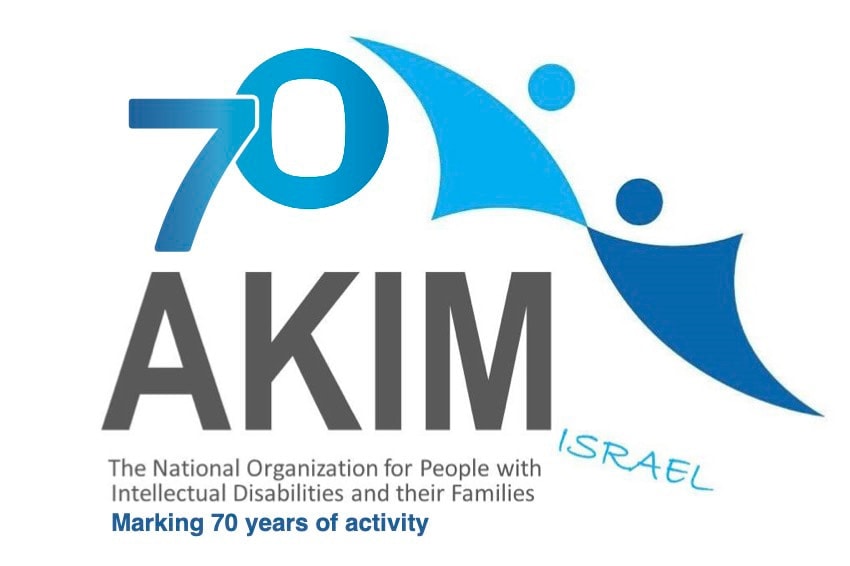Cognitive Accessibility Programme
Open schooling promoting inclusive education cannot be imagined without special initiatives for individually disabled children. In the Phereclos project, Parents International has provided and analysed some inspiring examples in the field. AKIM is one of them.
The main aim is to realise the rights of people with disabilities, especially intellectual disabilities, promote better quality of life and improve the quality of life for their main target group as well as their families. Part of this overall aim is to promote and support the collaboration between schools, museums and historic sites for accessible and inclusive education at these non-formal education sites. AKIM has initiated and leads a national programme to make museums and historic sites cognitively (as well as physically) accessible.
They wish to make education more inclusive by offering new services to the intellectually disabled, support the social inclusion of these people by this and to help bring the level of education to the level of intellectually disabled people.
The programme has two main paths: one is training – of staff at the museums and sites, in initial teacher education, social workers to educate hundreds of trained education coordinators; the other is developing aids that the museums and sites can use in their daily education practice.
The programme first implemented in 4 sites was a pilot for legislation that is now in place.
There is government funding for introducing new measures to make the museums and sites more accessible. It covers training, professional support and investment needs if any. However, the methods result in a mindset change at the museums, and this means there is no real need for further funding after the initial phase. The government plays a very important role in the collaboration by putting accessibility and inclusion regulations in place and providing funding for making it a reality. AKIM works with museums and historic sites offering them knowledge base, training and support, but at the end of the day, it is these sites that implement a new programme and work with the schools directly.
The programme has reached about 4000 people from the main target group, people with intellectual disabilities so far. As a pilot it resulted in new policy and legislation. Museums and historic sites all over the country are now using this methodology to become accessible and inclusive, and thus making collaboration with local schools. It helped the implementation of the rights of people with disabilities and improved the quality of life for these people.
AKIM offers continuous support to museums, sites and schools in case they encounter further challenges, and they keep being involved in training professionals. Digital technologies are widely used as most of the special aids they develop are digital.
It cannot be judged if all the partners are truly committed to inclusion in education, but legislation brings them together to collaboratively find answers to a challenge, compulsory inclusion in schools. According to our knowledge, the collaboration between AKIM and the museums/sites is very good, and we can say the same for schools as they have a positive experience related to children at their school. It is to be noted that Israel is a highly child-centred country. At the same time, AKIM has formulated criticism when mentioning that parents are not involved in this programme, they do not even come as adult supervision when schools’ groups visit museums/sites.
Find out more at their website: https://akimisrael.com/
